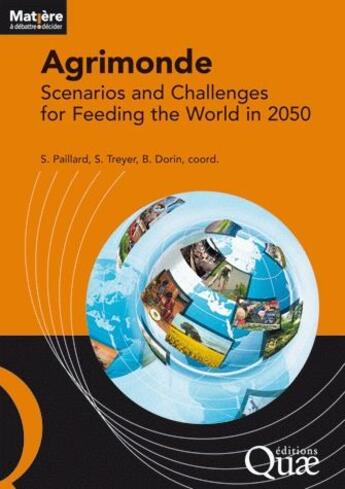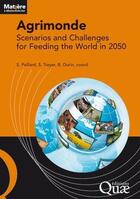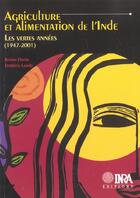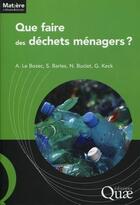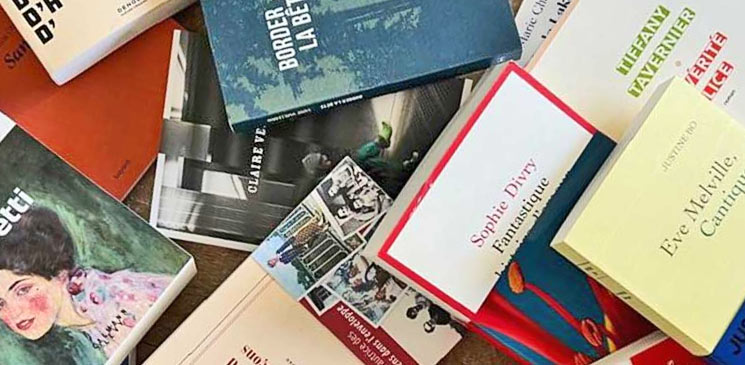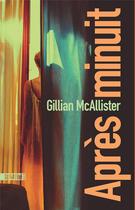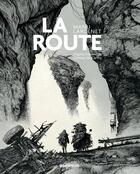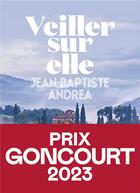-
Date de parution : 03/02/2011
-
Editeur :
Quae
-
EAN : 9782759208906
-
Série :
(-)
-
Support :
Papier
Résumé:
How will the world be able to feed close to 9 billion people in 2050 and still maintain the ecosystems? The 21st century has three challenges to meet concerning food and agriculture: food security in terms of both quantity and quality; protection of the environment and natural resources; and the... Voir plus
How will the world be able to feed close to 9 billion people in 2050 and still maintain the ecosystems? The 21st century has three challenges to meet concerning food and agriculture: food security in terms of both quantity and quality; protection of the environment and natural resources; and the increasing scarcity of fossil energies. In this perspective, INRA and CIRAD launched the initiative, in 2006, to develop a foresight project for analysing issues pertaining to the world's food and agricultural systems on the 2050 timeline. The main objective was to anticipate the key issues with which tomorrow's agricultural research will have to grapple. This book provides a synthetic presentation and illustrations of the main conclusions that this foresight project has yielded. First, it recapitulates the main statistical references for the period 1961 to 2003, before going on to describe the Agribiom simulation tool used to calculate food biomass resourceuse balances. Two scenarios on the 2050 timeline are then considered: Agrimonde GO is a trend-based scenario that bets on economic growth to feed the world, in a context where environmental protection is not a priority; in contrast, the idea in Agrimonde 1 is to feed the world while preserving its ecosystems. This scenario explores assumptions that depart from current trends, and foresees a world in 2050 that has been able to implement sustainable agricultural and food systems. The aim is to afford a better understanding of the meaning of such development, with the dilemmas and the main challenges that it entails.
Donner votre avis



